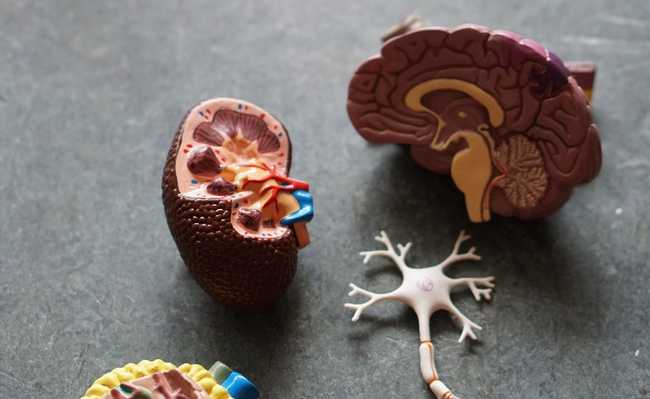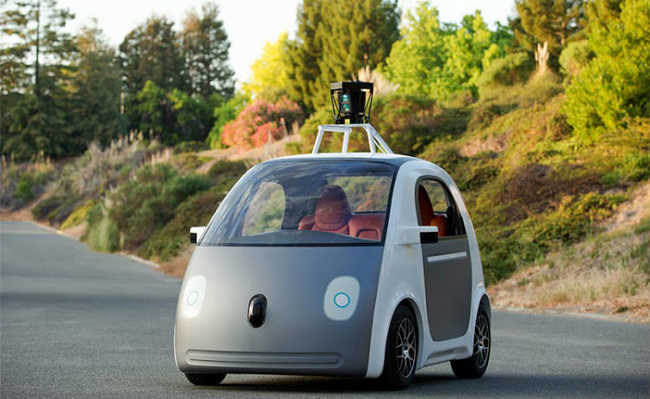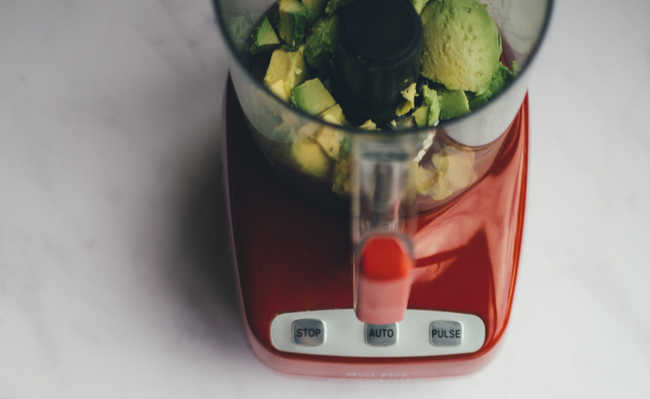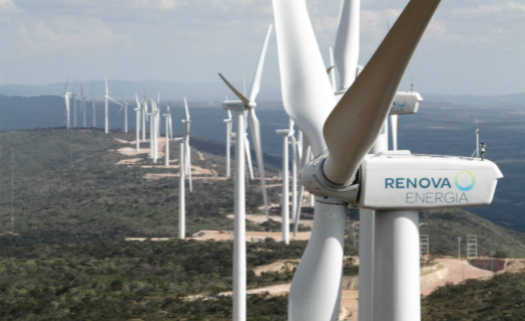Alcohol or gasoline?
When refueling your flex car, think about the environment before choosing between alcohol or gasoline

The transport sector is the main consumer of fossil fuels in the Latin American region and the main source of air pollution. Pexels image by Pixabay
Although many European countries are speculating about the end of cars powered by fossil fuels, such as gasoline and diesel, for the 2030s, the reality seems far from Brazil. On the other hand, Brazilians rely on alcohol, a renewable fuel that is a common and accessible alternative for most drivers. The doubt between alcohol or gasoline is common among drivers and it is necessary to take factors other than price into consideration.
Whoever owns a flex-fuel car, which can be fueled by alcohol or gasoline, generally determines the price as a preponderant factor for the purchase of one or another fuel. But is this attitude the best in environmental terms? There are factors that need to be taken into account to answer this question.
Nanoparticles
Research carried out in Brazil by professors from the University of São Paulo (USP), University of Singapore and Northwestern University (USA) revealed that the big problem in the use of fossil fuels such as gasoline is in nanoparticles, also known as ultra-fine particulate matter (smaller). than 50 nanometers). With the use of gasoline instead of alcohol in a large city's vehicle fleet, the level of nanoparticles increases by about 30%.
“These pollution nanoparticles are so small that they behave like gas molecules. When inhaled, they can cross all the defense barriers of the respiratory system and reach the pulmonary alveoli, taking potentially toxic substances directly into the blood, which may increase the incidence of respiratory and cardiovascular problems”, explains Paulo Artaxo, professor at the Physics Institute of University of São Paulo (IF-USP) and co-author of the article, in an interview with Agência FAPESP.
The study was carried out in the city of São Paulo and is unprecedented, as common analyzes of the city's air quality only take into account solid particles of ten thousand nanometers (PM 10) and those of 2.5 thousand nanometers (PM 2.5 ) which are larger than nanoparticles, in addition to other pollutants. São Paulo was chosen for having the largest fleet of flex cars in Brazil. To carry out the research, the analyzes were carried out before, during and after a strong fluctuation in the price of ethanol, in 2011. The top of the building of the USP Physics Institute, in Butantã, was the place chosen for the measurement. It was proven in a real everyday situation that the option for ethanol reduces the emission of ultra-fine particulates. Until then, this phenomenon had only been observed in the laboratory.
“The encouragement of biofuels makes it possible to solve several problems at once. It helps fight climate change, reduces damage to health and promotes advances in automotive technology, as the industry will be stimulated to develop more economical and efficient cars powered by ethanol”, defends Artaxo.
Climate changes
“The main difference between plant-based biofuels and others is related to the problem of the greenhouse effect. The carbon dioxide (CO2) that is released into the atmosphere by the two types of fuels is of the same magnitude. However, ethanol is renewable. During plant development, it sequesters carbon from the atmosphere. For this reason, you regenerate the CO2 condition. This can never be put aside. In terms of fossil fuels, you remove buried carbon and release it again into the atmosphere, increasing this amount”, said the mechanical and environmental engineer, Eduardo Murgel, who has worked for more than 30 years with the cause of the environment, is the author of books on the subject, in addition to being a professor at Senac and a consultant, in an interview with eCycle portal .
The cycle of planting sugarcane, the raw material for Brazilian ethanol, practically neutralizes CO2 emissions into the atmosphere, despite the burning of straw, as we will see later. "We cannot say that there is no contribution to the greenhouse effect because fuel is usually transported with diesel, for example, but there is almost a neutralization", explained Murgel, who warns of the advantage of alcohol in terms of low gas emissions. toxic. “Ethanol is light. After combustion, the alcohol particles are transformed into CO2 or do not undergo a reaction, that is, they do not release toxins into the environment. The total emission is of the same order of magnitude as that of gasoline engines, except that hydrocarbons from alcohol are, in general, less toxic than those from gasoline. Some substances emitted by burning diesel are carcinogenic, for example”, he explained. See more in "Does alcohol pollute less?".
The problems of alcohol production
The alcohol production process can also generate environmental problems. There are two very important points in this regard:
Burning of sugar cane straw
This method is quite common and is intended to facilitate harvesting operations. In the process, dry and green leaves are burned, as they are considered disposable raw materials. The problem is that this process generates emissions. CO2 is released into the atmosphere, carbon monoxide (CO), nitrous oxide (N2O), methane (CH4) - the latter two are worse for the greenhouse effect imbalance than CO2. The air is also polluted by smoke and soot. According to an article, burning straw is equivalent to the emission of nine kilos of CO2 per ton of sugarcane, while photosynthesis of sugarcane removes about 15 tons of CO2 per hectare. This means that, despite the problems, the balance in terms of emissions is still positive, as more CO2 is captured than released, but one has to consider the harm that this pollution from burning does to workers in the surroundings and to the environment environment. There are state laws that set targets to gradually ban straw burning.
Use of pesticides
Even pesticides released by the National Health Surveillance Agency (Anvisa) can be very harmful to workers, to the soil and to bodies of water in the vicinity of sugarcane plantations (see more in "The problems caused by pesticides justify your use?"). In an article on the production of sugarcane in Itumbiara-GO, problems were found with workers who did not use appropriate equipment at the time of spraying, as well as reports on fish contamination and illegal sale of pesticides. Even if everything happens within the law, pesticides pose a great potential risk.










